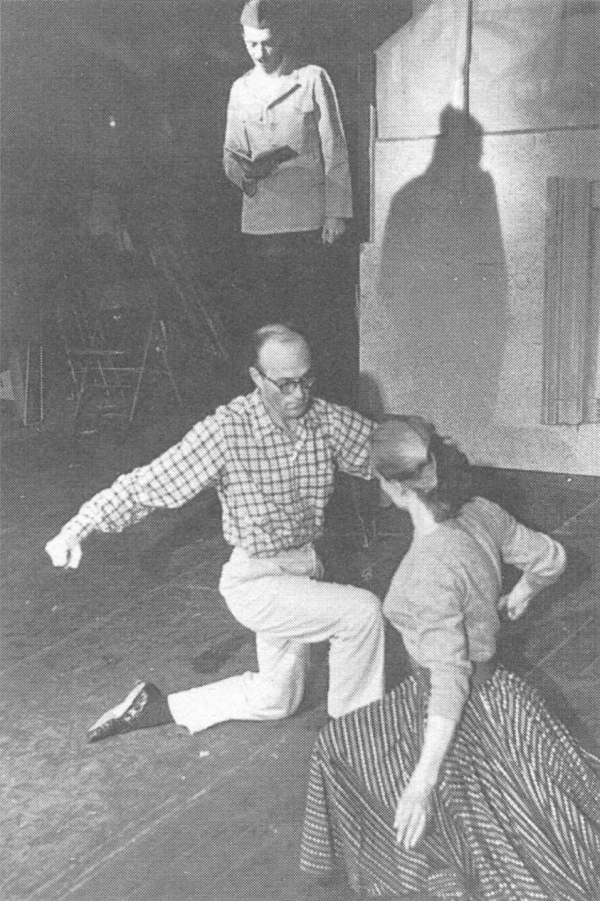I read the call numbers or location incorrectly in the online catalog. Neglect to notice that it says "Checked out," or that the library doesn't own a particular year of a journal title, when the range of volumes they do own is distinctly outlined in the record. I get off the elevator on the wrong floor. I often forget that the call number "L" comes after "K." And I never manage to photocopy all the pages I need on the first visit.
Take, for example, the reference I ran down this week: a mention of one of Reed's poems in a 1996 study on rhythm and meter in modern poetry. I discover from that the local library has the 2nd, 1964 edition, of Harvey Gross' Sound and Form in Modern Poetry, but not the 3rd edition my cite refers to. I give it a whirl, anyway.
To my surprise, the older edition contains not a passing reference, but an entire section devoted to Reed's poetry, the only book besides Beggs' thesis which describes the metrics employed in Reed's poems:
For to dáy | we have nám | ing of párts . . .
In my excitement (and perhaps under the extra pressure of the impending library closing time: summer hours), I Xeroxed the title page, copyright, the pages listed in the index, and the index page Reed is listed on. I carefully packed my treasured photocopies into my backpack so they wouldn't get crumpled on the way home, and off I went. Good night!
Of course, when I got home, several oversights became painfully apparent. Firstly, near the end of the section on Reed was a superscript numeral, indicating the book had Endnotes I had failed to either read, or copy. Second, and worst of all, the section on Reed is a subtitled part of a titled chapter, and without the Table of Contents, I wouldn't be able to properly cite the inclusive page numbers in my ultra-anal Chicago Manual of Style bibliographic bastardization. And, to add insult to self-inflicted injury, I realize that I was either too lazy or too pressed for time to return all my books back to their respective niches in the stacks, and I had left the Sound and Form sitting on the table beside the photocopier.
At that point, I realized, it is customary to utter a certain four-letter Anglo-Saxon verb; loud enough, preferably, to make the cat raise his head off his bedding in alarm.
So I go back to the library after work the following day, and beeline for the aisle containing the English 101 texts. I remember the title (embossed in gold) and the color of the cover (green), but not the exact call number, and I have to go login to a computer to look it up, again. Call number in hand, it's back to the stacks, only to find a hole on the shelf the precise width of the the book I had used the day before. I cross the floor to the photocopier where I had left the book: no joy. The staging area on the third floor where books await reshelving? Zilch. I descend two flights of stairs to the Circulation Desk, and kindly ask if I may browse the booktrucks awaiting reshelving. Still nothing. I take a deep breath, in through the nose — hold — exhale over the teeth, and silently pledge to wait a few days.
Patience has its rewards: the book had magically reappeared on the shelf this evening, and on close inspection I discovered the relevant chapter contains an unindexed introductory paragraph which names Reed several times, and that reveals the author's high opinion of his work:
“Henry Reed, who has published sparingly, seems to me the most considerable poet of [Empson, Watkins, and Reed]; he has worked out his own individual romantic-ironic style, and he has something to say.” (p. 271)








